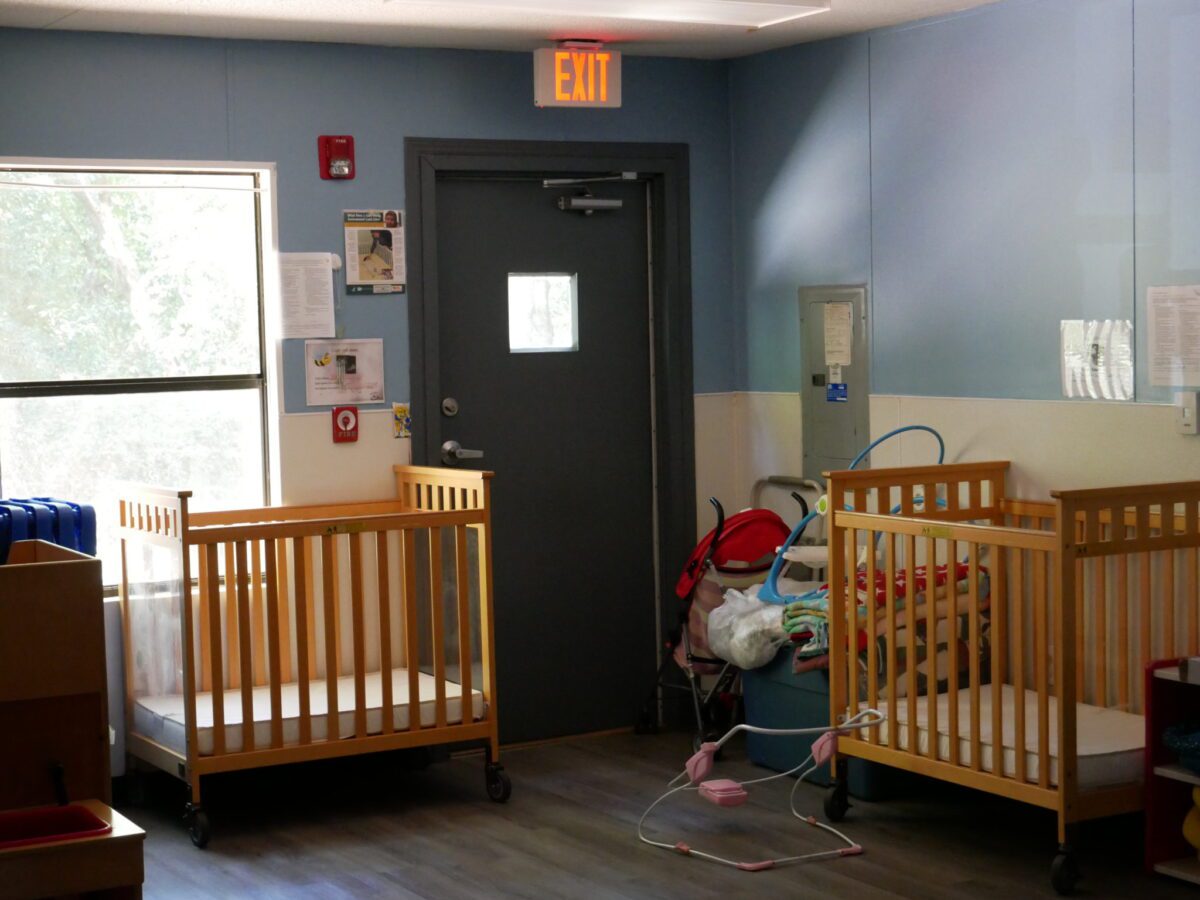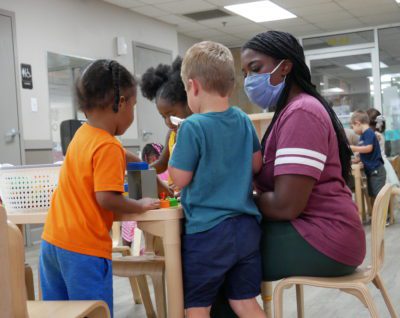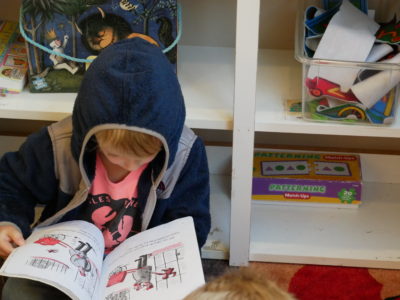
|
|
Gov. Roy Cooper directed a letter to North Carolina’s congressional delegation on Tuesday asking for long-term, recurring child care funding “to keep our children learning and our economy growing.”
“Thank you for the critical one-time funding during the pandemic but, as it ends, it’s important to know that the need is urgent,” Cooper wrote in a letter to Sens. Thom Tillis, R-N.C., and Ted Budd, R-N.C., and the 14 members of the state’s delegation to the U.S. House of Representatives.
Congress sent $805 million in child care stabilization funds to North Carolina in 2021 through the American Rescue Plan to support programs struggling from pandemic costs, enrollment dips, and teacher turnover. The state Division of Child Development and Early Education (DCDEE) has spent more than $742 million of that funding to support 4,327 child care programs and 41,663 child care teachers, according to DCDEE dashboards on the payments and their impact.
DCDEE added $150 million from another federal relief allocation last fall to extend those payments in smaller increments. All of the funding will run out this year, according to DCDEE.
“Our under-resourced child care system is strained to its breaking point,” Cooper wrote in the letter. “Many child care centers are struggling to keep their doors open, and many child care teachers have left the field.”
The letter points to a recent report from ReadyNation that found the state loses $3.5 billion annually due to lack of sufficient child care.
The letter says the state had 3,120 fewer teachers in 2021 than it would have had if pre-pandemic trends in the workforce had continued. In January, there were 40,315 staff members in licensed child care programs, compared with 41,003 in March 2020 — a 1.7% decrease, according to DCDEE’s early care and learning dashboard.
DCDEE encouraged programs to use the stabilization grants to increase pay with bonuses and wage increases. The overwhelming majority did so. Providers and advocates are concerned about teachers leaving or tuition increasing without more investment.
At the state level, advocates are asking the state legislature for a one-time $300 million to extend compensation supports further.
Cooper’s letter says federal investment is needed. The letter ends: “I urge you to seek all available opportunities to make these recurring investments in our state, our economy, and our future.”






